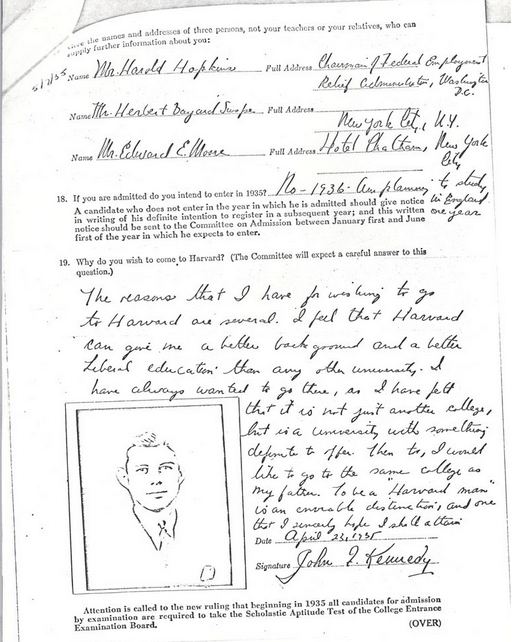1. Bitcoin update: getting ready to drop. Last week I predicted Bitcoin would drop based on a pattern, which is still valid:

The likely (as I predict) SEC rejection of the recent batch of Bitcoin spot price ETF applications will be the catalyst for a big decline, although it could fall for no particular reason at all, as stipulated by the chart.
2. Battle of the billionaires: Elon Musk vs. Mark Zuckerberg
First, Elon Musk challenged Mark Zuckerberg to an exhibition UFC match. This story has enthralled the public, and the fight is projected to bring in a billion dollars of revenue, in which obviously neither of them need the money. Online, the consensus seems to be given the latter’s MMA experience that it should be an easy win.
But Musk is considerably bigger, and with some training can win by his size alone. At 6 foot 2 and 250 pounds, he’s about the same height and weight of an average NFL player. To get an idea of how big that is, for comparison here he is next to Jack Ma, the CEO of Ali Baba, who is 5′ 3″. Although some sources quote him weighing between 185 and 200 lbs, this seems like an underestimate. Going by pictures, he’s probably closer to 240+, well above 180-190. Deferring to the Square-Cube law, for Musk to weigh 185 would imply he is as slim as Mr. Zuckerberg, which seems very unlikely.
A 6-inch height and 70-100lbs weight advantage is probably insurmountable. Elon is so much bigger he could conceivably accidentally seriously injure his much smaller opponent (well-trained fighters know how to protect their opponent as much as they can protect themselves). It’s why weight classes exist. Although it’s also possible they will just end up rolling around on the floor until exhaustion, bringing the audience to tears in boredom.
Second, Twitter CEO Elon Musk threatened to sue Meta CEO Mark Zuckerberg, who yesterday launched “Instagram Threads” , in which the former alleges is a ripoff of Twitter’s intellectual property. Like above, this story is in the news everywhere, overshadowing everything else. Posts on Twitter about the lawsuit went massively viral.
And then last week SCOTUS handed two major defeats to the left, those being making race-based affirmative action illegal for college admissions and overturning Biden’s student loan forgiveness program.
What do these have to do with each other? It show how power is increasingly being concentrated between two major entities/spheres of influence: billionaires (but more specifically, tech billionaires) and the judicial branch. Conversely, the executive branch and Congress has only seen its power continue to diminish. Biden is powerless to do much about about Putin, and then his student loan plan–which although very unpopular with conservatives at least helped shore up some support among his young, college-educated base who otherwise have little enthusiasm for his otherwise ineffectual presidency–was voided.
This agrees with posts from 2021-2022 in which I observed that the rise of tech billionaires closely tracks or is negatively correlated the simultaneous decline of the ability of Washington lawmakers to impart sweeping societal change (except during crisis, such as bailouts, which can be ratified at record speed, but this does not really count as societal change). Tech billionaires are shaping society through their services, which affect the millions or even billions of people who use their products, especially in tech, whether it’s social networks or consumer goods. After many big wins in the 20th century, Congress however is powerless to do much or act as a force of change anymore.
Class Affirmative Action Is Worse
It’s inconsistent to criticize recipients of race-based favoritism yet also praise JFK, who benefited from class-based favoritism.
I recently saw JFK’s essay to get into Harvard and was touched by it. There is no sense that the accomplishments of his family were something he should be ashamed of.
I wonder what he would think about our modern assumption that he should have gone through life feeling guilty about the fact that his dad was a successful businessman instead of a pimp. As rich and advantaged as he may have been, Kennedy had a sense of noblesse oblige and went out of his way to serve heroically in the Second World War. I don’t think this is unrelated to the general orientation of the culture of the time, in which the intergenerational transmission of wealth and status was seen as legitimate, being the just desserts of a life well-lived.
JFK’s ‘essay’, which is more like a blurb, does not even rise to 9th grade level when I was in school. Although in fairness, his essay fitted the allotted space on the form, so it’s not like the expectation was for applicants to write much. But top schools are so much more competitive and meritocratic that even affirmative action applicants are still likely better qualified compared to wealthy applicants of JFK’s era, when simply having the correct bloodline assured admission. Kennedy’s ‘noblesse oblige’ is irrelevant as far as being qualified by objective merit is concerned.
